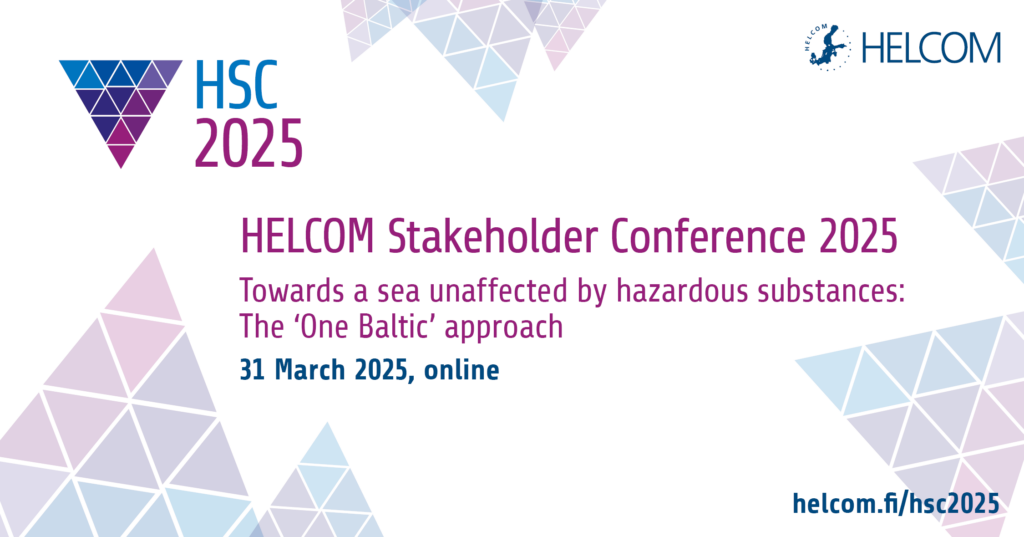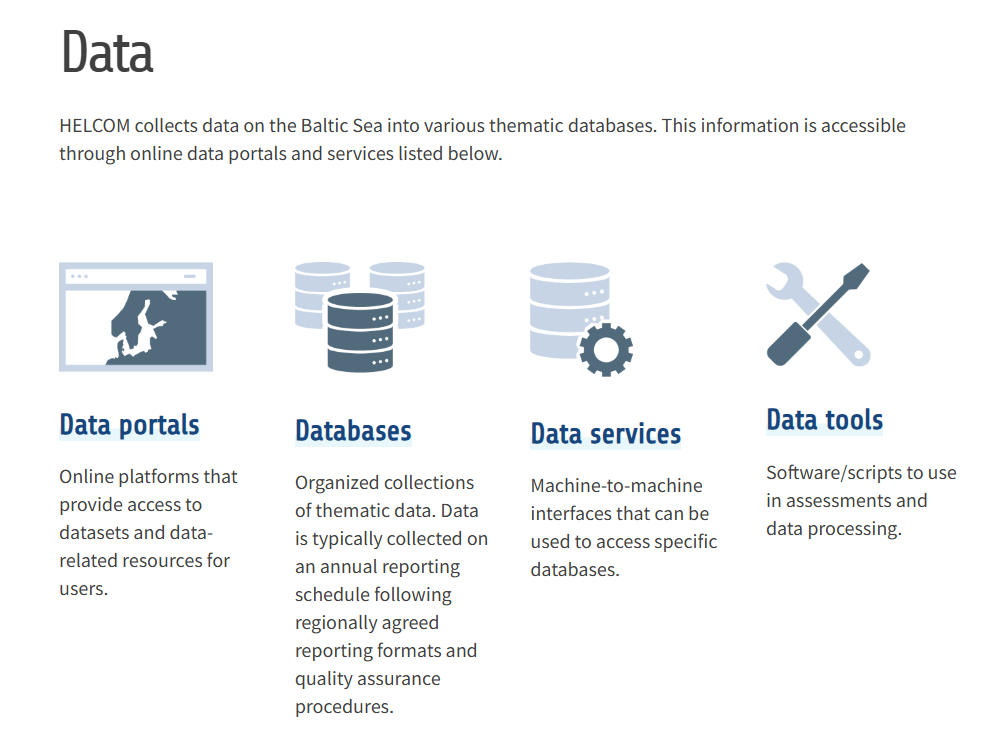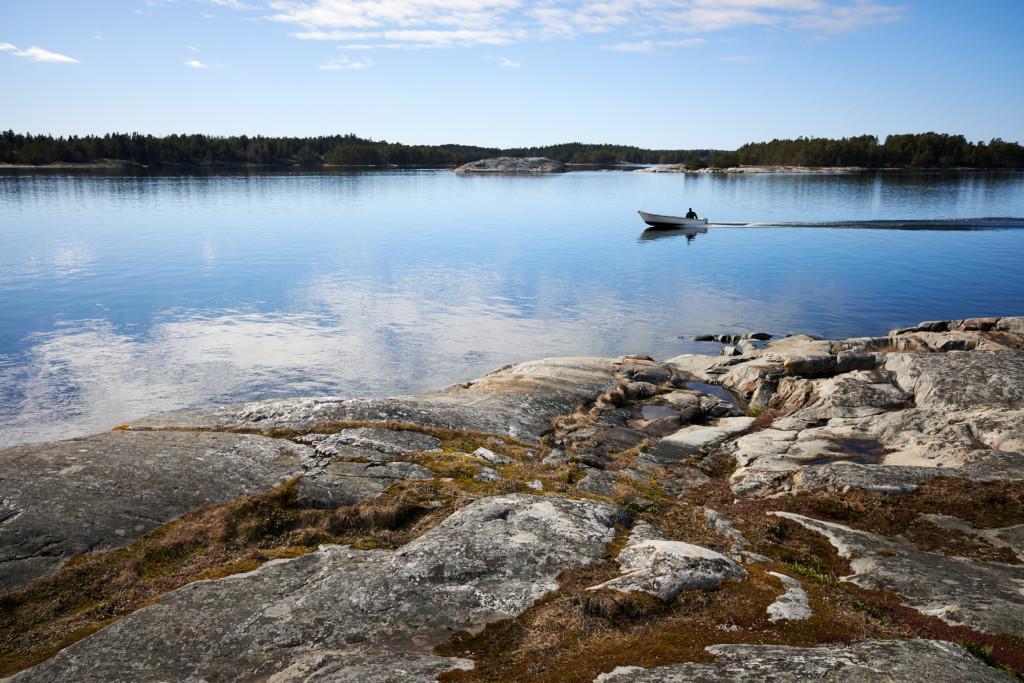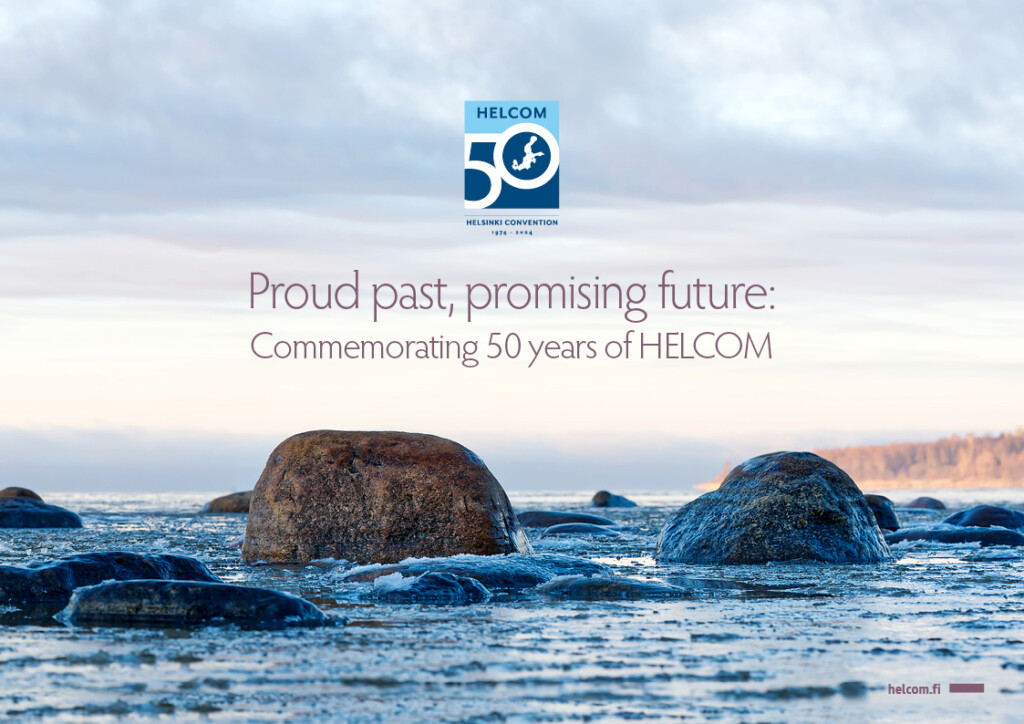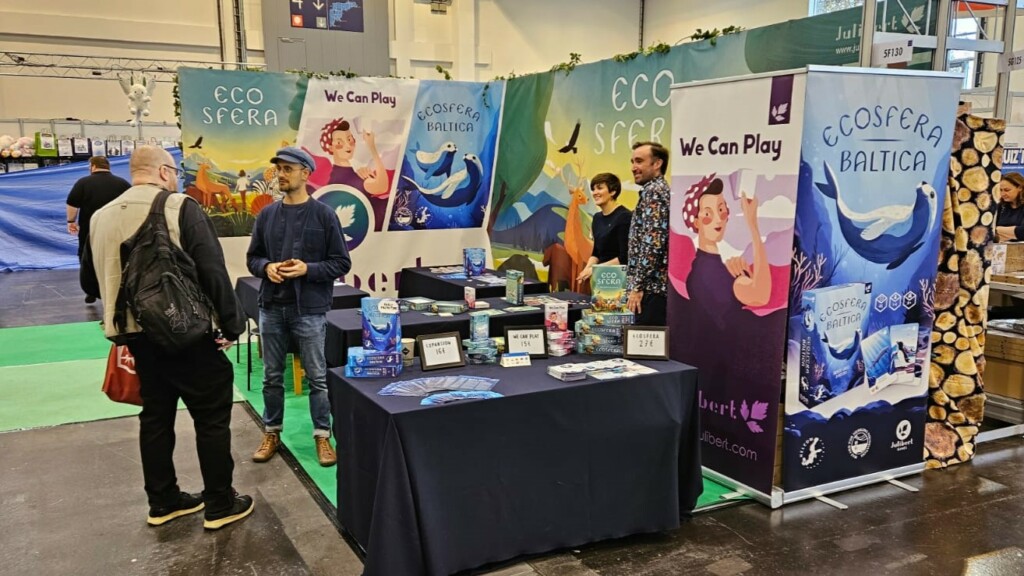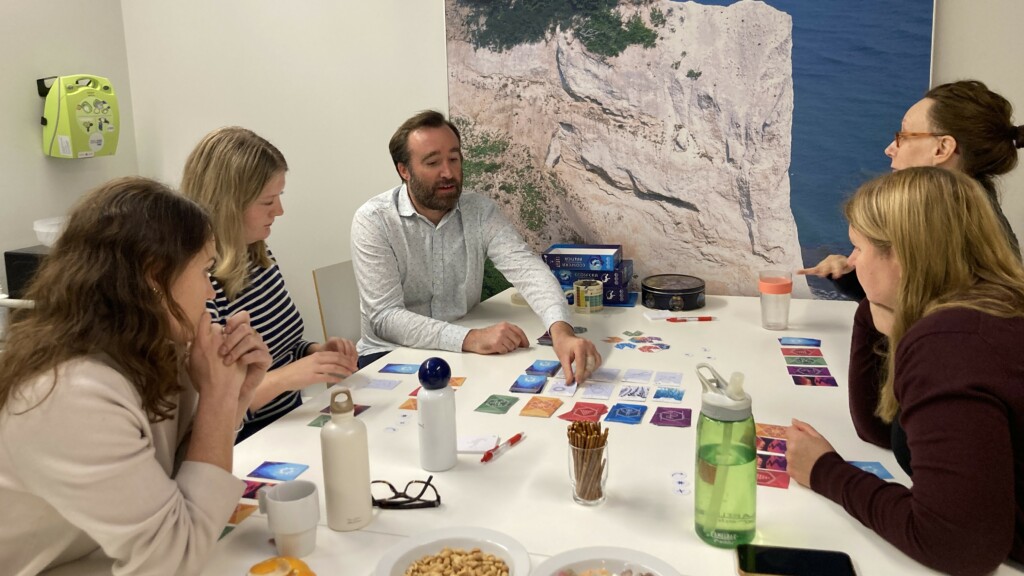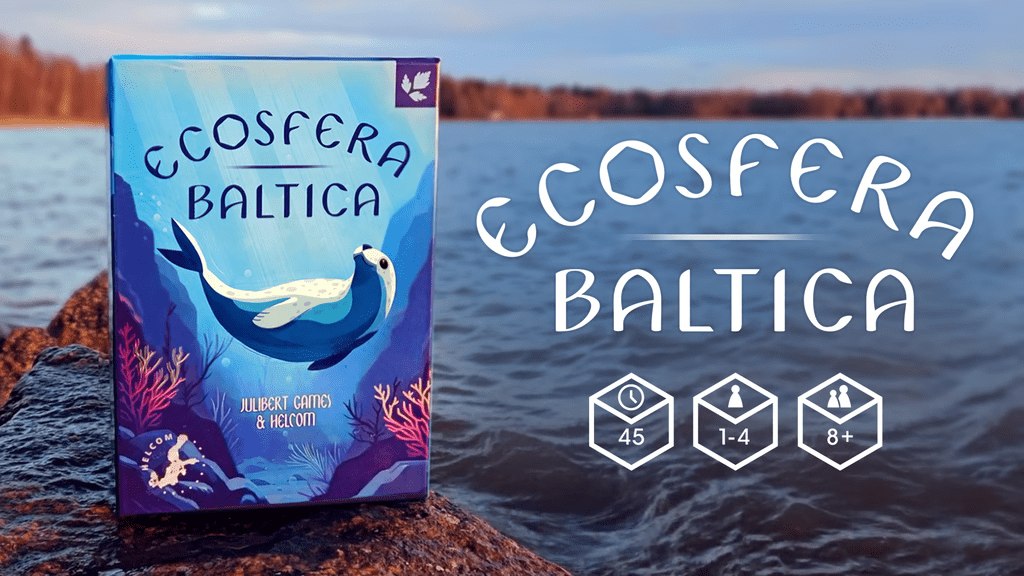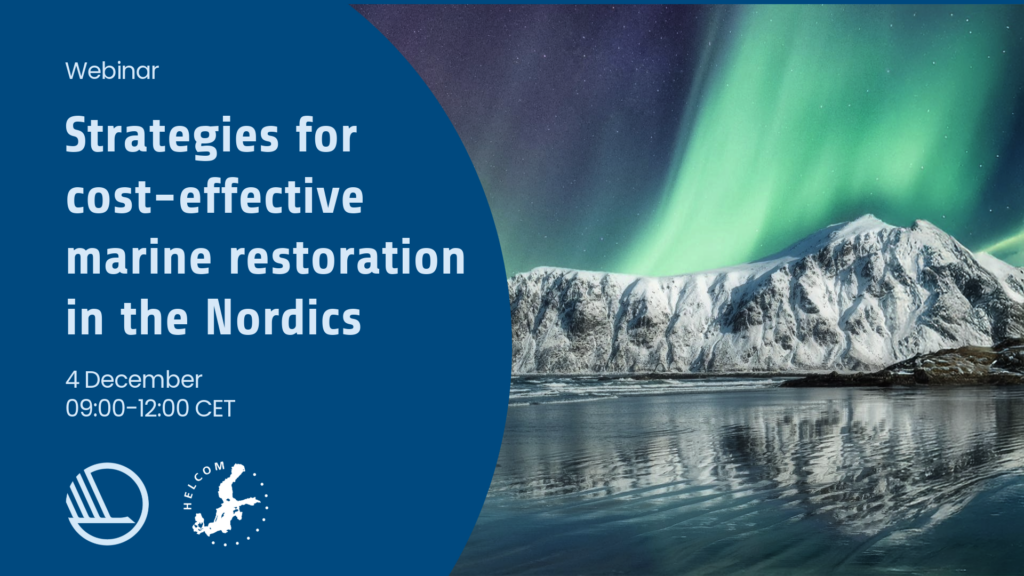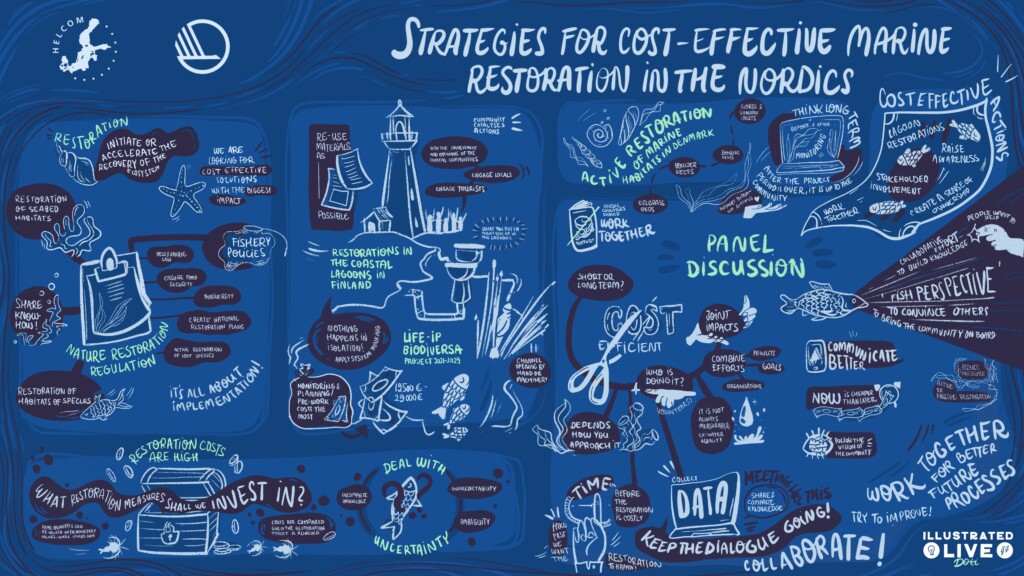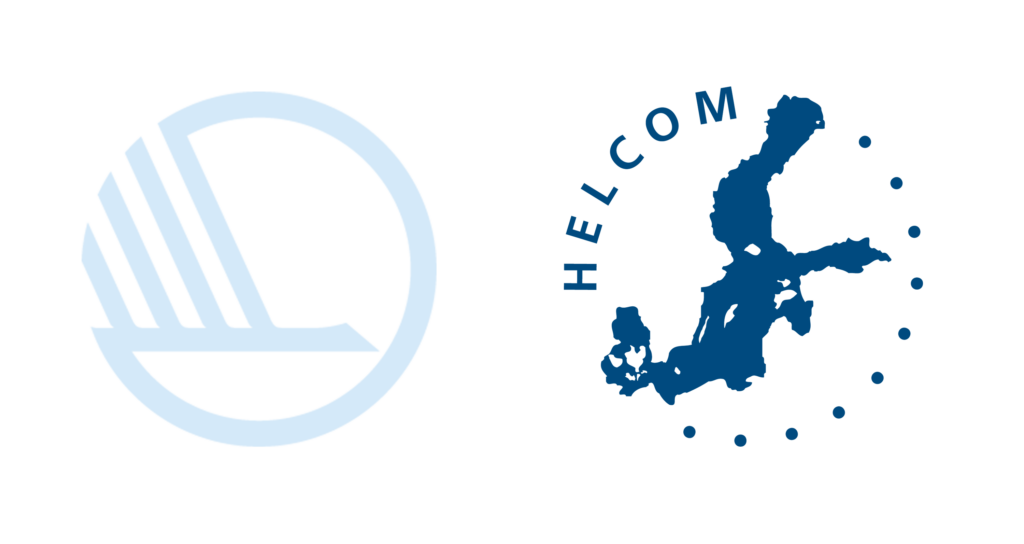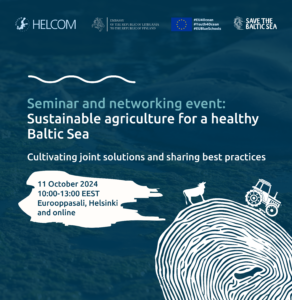The Baltic Sea Action Plan Fund has opened a new call for proposals aiming to improve the ecological state oThe Baltic Sea Action Plan Fund has opened a call for proposals, providing a funding opportunity for projects addressing key challenges facing the Baltic Sea. The fund can finance projects with the objectives and activities outlined in the Baltic Sea Action Plan to commercial or non-commercial partners for projects in the Baltic Sea region and its catchment area. Proposals will be accepted until 18 April.
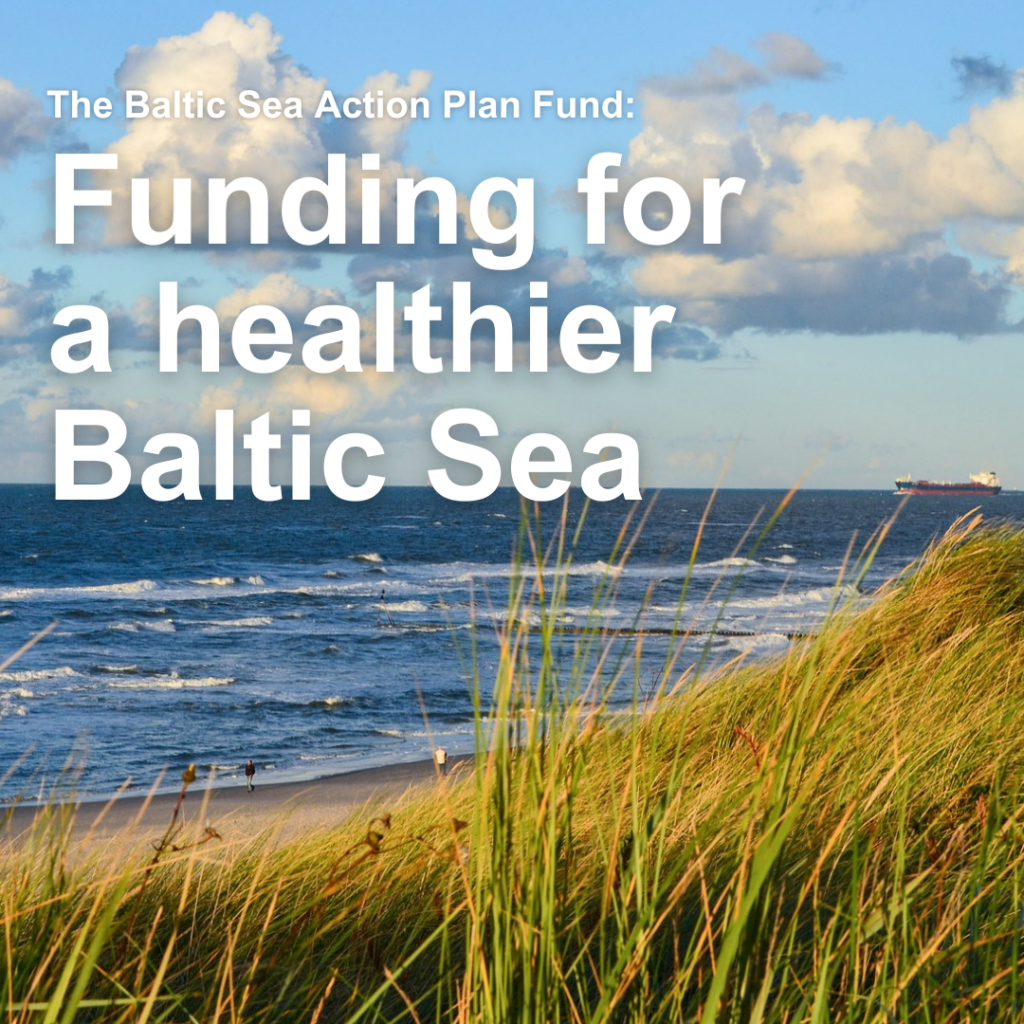
The Baltic Sea Action Plan (BSAP) Fund is an early-stage financing mechanism dedicated to expediting the implementation of the HELCOM Baltic Sea Action Plan, which includes 200 concrete actions to be carried out by 2030, with the ultimate goal of creating a healthier Baltic Sea.
The BSAP Fund has now opened a new call for proposals, providing a funding opportunity for projects that address key challenges facing the Baltic Sea. New project proposals will be accepted until 18 April.
Financing can be awarded to commercial or non-commercial actors for projects in the Baltic Sea Region and its catchment area for demonstration purposes, project preparation and development, project implementation and institutional support. Applicants and projects that have previously received funding from the BSAP Fund are also eligible to apply. Read more about the application process and eligibility criteria and find the application form on nefco.int/BSAP.
Concrete projects supporting the Baltic Sea Action Plan
Since the establishment of the BSAP Fund in 2010, contributions from Finland and Sweden have totalled EUR 15 million, enabling the Fund to finance more than 70 projects. During the Fund’s 2023 financing round, EUR 1 million was granted for ten new projects to improve the health of the Baltic Sea.
Sectors financed by the BSAP Fund must address one or several areas highlighted in the Action Plan, including biodiversity, eutrophication, hazardous substances, sea-based activities and the elimination of HELCOM Hotspots.
How to apply for funding
- Visit nefco.int/BSAP and read the eligibility criteria
- Download the application form and fill in your project proposal
- Send your application to bsapfund@nefco.int by 18 April 2025
If you have questions regarding the application process or the eligibility criteria, you can contact bsapfund@nefco.int
About the Baltic Sea Action Plan Fund
The aim of the Baltic Sea Action Plan Fund is to help fund concrete projects, large or small, initialise promising solutions that can be scaled up, regardless of national borders. Since its establishment, the fund has financed over 70 projects. Currently, 15 projects are ongoing and 59 have been completed. These projects are spread out across the Baltic Sea watershed, including in Estonia, Finland, Lithuania, Poland and Sweden. The Baltic Sea Action Plan Fund is co-managed by Nefco – the Nordic Green Bank – and the Nordic Investment Bank and funded by the governments of Finland and Sweden.
For further information about the BSAP Fund, please contact:
Dennis Hamro-Drotz, BSAP Fund Manager/Senior Programme Manager, Nefco
dennis.hamro-drotz@nefco.int, +358 10 6180 641
Read more on nefco.int/BSAP

